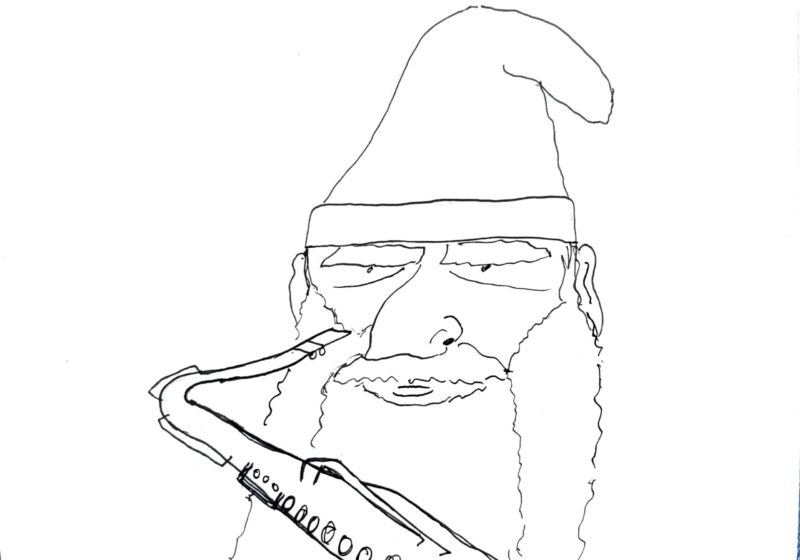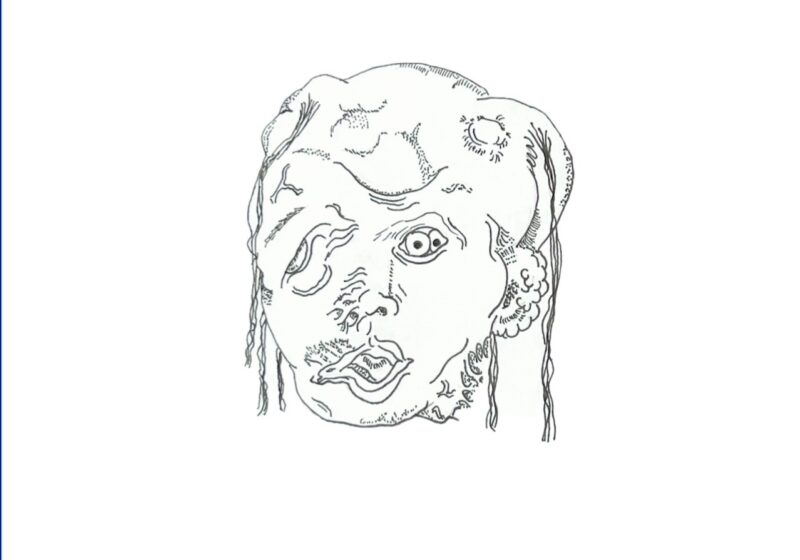Internationally recognized Israeli documentary filmmaker Barak Heymann came to the University on Monday, Oct. 28, to share his thoughts on his filmmaking methods and attempts to capture Israel’s complicated reality.
Heymann called himself a simple man, saying he is not a great intellectual thinker.
“The most important thing for me in every film is the main character. I need to feel in my body that I am very much connected to the person I am portraying in my films,” Heymann said. “Then, while showing his journey or her journey in life and while documenting and portraying […] struggle and activity, I am trying to touch as many interesting, and sensitive, and complicated, and sometimes even controversial aspects of life in Israel.”
Heymann presented five documentary opening sequences, beginning with Rabbi Capoeira, released this year and set in Bnei Brak, Israel’s largest ultra-orthodox city, centering a studio dedicated to Capoeira.
As a child, he was told to avoid Haredi Jews, known for their ultra-strict observances, due to their stigmatization as the “parasites of society.” This branding carried as Heymann got older, and a relatively left-wing friend of his was disgusted by merely seeing pictures of Haredi children that he showed to her.
“For me, if you are against racism, then you are against racism, any […] racism. That was when I decided that I must make this film.”
Heymann next displayed Dancing Alfonso (2007) and High Maintenance (2020) before showing the jointly produced film by him and his brother about a Jewish-Arab school named Bridge Over the Wadi (2006).
According to Heymann, six Jewish-Arab schools exist across Israel, receiving funds from an NGO named “Hand in Hand” and the Ministry of Education of Israel.
Heymann believes that when helping younger generations be more accepting of one another, the most crucial thing to consider is what kind of example parents set for their children. As part of that, he has decided to live only in communities where Israelis and Palestinians live for the intertwinement of both people.
Many people who speak out against racism do not truly uphold the beliefs and values they espouse, Heymann noted.
“When you grow up in a house where the friends of your parents are both Jews and Palestinians, it is hard to believe that you will grow up to be racist and fascist.”
Per Heymann, awareness and communication with the opposing side help to keep an open mind.
“The most important thing is to try to communicate with people, especially when they are not like you […], and to respect the feelings and emotions of people.”
To achieve any caliber of progress and change, Heymann tries not to restrict his circle to individuals with similar beliefs to himself — “What I am trying to do with my films is to go all over Israel — village after village, kibbutz after kibbutz, city after city — and try to talk to people, not to please them, not to say anything which I do not believe in, but to show them that there are different ways of looking at reality and to try to convince them.”
He ended by showing a preview of an upcoming project made with a few activists from various groups and minorities supported by the “New Israel Fund.”
“I came to the conclusion that what we are missing in our Israeli left circles is the ability to imagine a different world,” Heymann contended. “We do not believe that a change can happen. We do not believe that something good can ever happen. We kind of give up, and with this kind of agenda and feeling and energy, you cannot do anything.”





